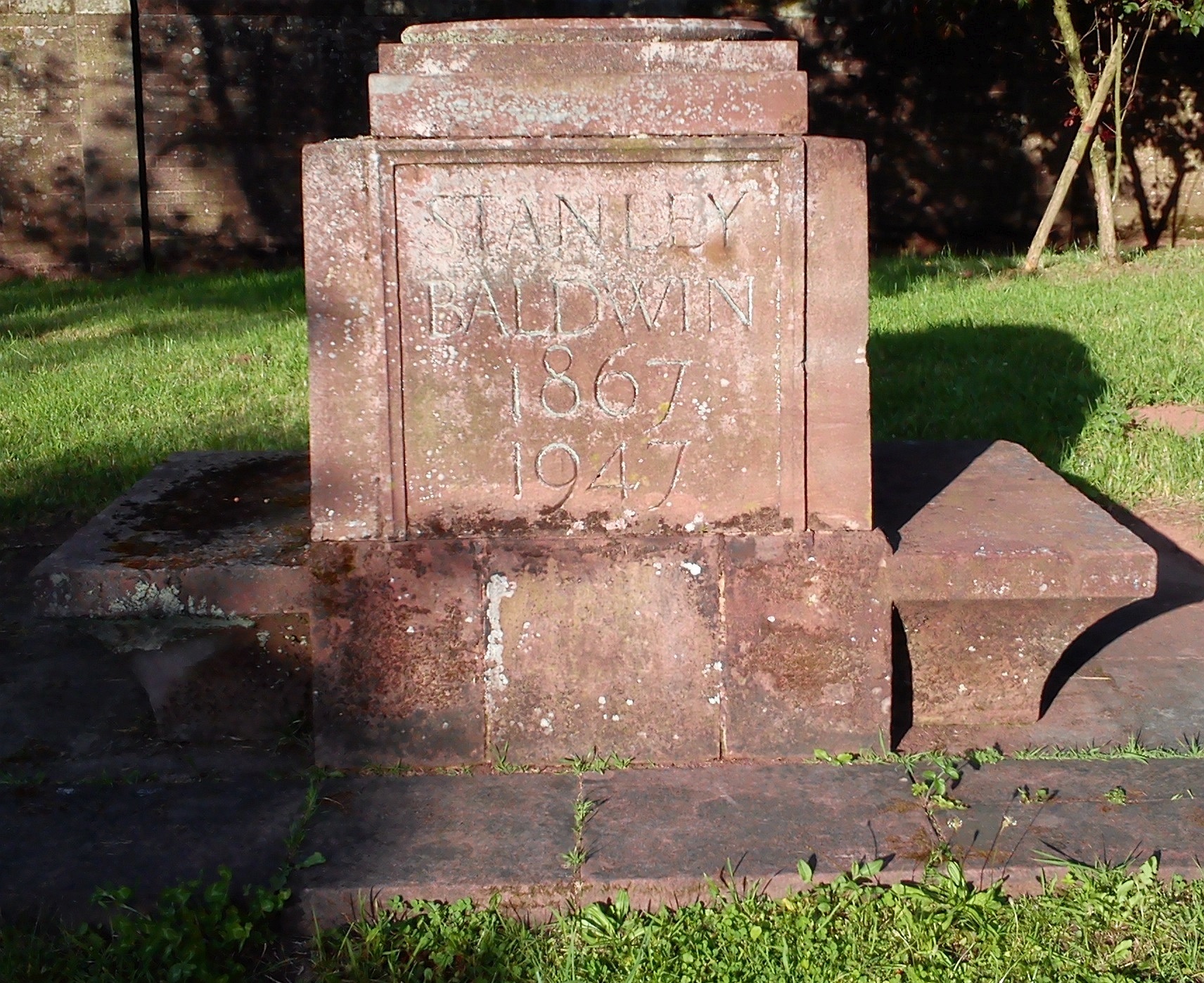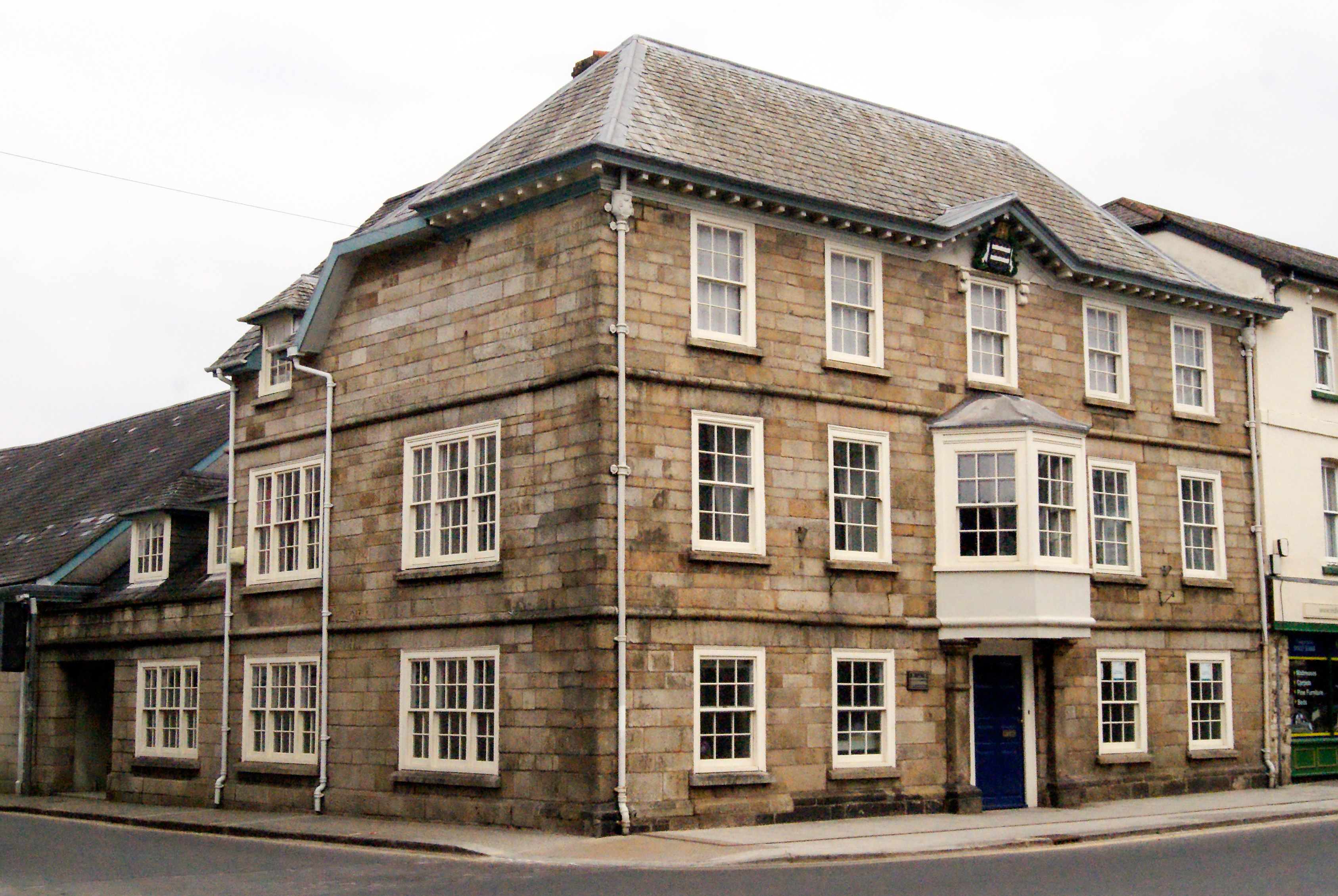|
Frances Ridley Havergal
Frances Ridley Havergal (14 December 1836 – 3 June 1879) was an English religious poet and hymnwriter. ''Take My Life and Let it Be'' and ''Thy Life for Me'' (also known as ''I Gave My Life for Thee'') are two of her best known hymns. She also wrote hymn melodies, religious tracts, and works for children. She did not occupy, and did not claim for herself, a prominent place as a poet, but she carved out a niche for herself. Early life and education Frances Ridley Havergal was born into an Anglican family, at Astley in Worcestershire, 14 December 1836. Her father, William Henry Havergal (1793–1870), was a clergyman, writer, composer, and hymnwriter. Her brother, Henry East Havergal, was a priest in the Church of England and an organist. When she was five, her father moved to the Rectory of St. Nicholas, Worcester. In August, 1850, she entered Mrs. Teed's school, who had a strong influence on her. In the following year she says, "I committed my soul to the Saviour, and earth a ... [...More Info...] [...Related Items...] OR: [Wikipedia] [Google] [Baidu] |
Astley, Worcestershire
Astley is a village, and a civil parish (with Dunley) in Worcestershire, England, about two miles outside Stourport-on-Severn and seven miles south-west of Kidderminster. A range of English white wines including sparkling wines have been produced in Astley since 1983. The wines have won over 100 awards, and are now Quality Wine status, three of which have received International Wine and Spirit Competition (IWSC) awards.Astley Vineyards History 
[...More Info...] [...Related Items...] OR: [Wikipedia] [Google] [Baidu] |
Church Missionary Society
The Church Mission Society (CMS), formerly known as the Church Missionary Society, is a British mission society working with the Christians around the world. Founded in 1799, CMS has attracted over nine thousand men and women to serve as mission partners during its 200-year history. The society has also given its name "CMS" to a number of daughter organisations around the world, including Australia and New Zealand, which have now become independent. History Foundation The original proposal for the mission came from Charles Grant and George Uday of the East India Company and David Brown, of Calcutta, who sent a proposal in 1787 to William Wilberforce, then a young member of parliament, and Charles Simeon, a young clergyman at Cambridge University. The ''Society for Missions to Africa and the East'' (as the society was first called) was founded on 12 April 1799 at a meeting of the Eclectic Society, supported by members of the Clapham Sect, a group of activist Anglicans who met ... [...More Info...] [...Related Items...] OR: [Wikipedia] [Google] [Baidu] |
Interlaken
, neighboring_municipalities= Bönigen, Därligen, Matten bei Interlaken, Ringgenberg, Unterseen , twintowns = Scottsdale (USA), Ōtsu (Japan), Třeboň (Czech Republic) Interlaken (; lit.: ''between lakes'') is a Swiss town and municipality in the Interlaken-Oberhasli administrative district in the canton of Bern. It is an important and well-known tourist destination in the Bernese Oberland region of the Swiss Alps, and the main transport gateway to the mountains and lakes of that region. The town is located on flat alluvial land called Bödeli between two lakes, Brienz to the east and Thun to the west, and alongside the river Aare, which flows between them. Transport routes to the east and west alongside the lakes are complemented by a route southwards into the near mountain resorts and high mountains, e.g. the famous high Alpine peaks of Eiger, Mönch, and Jungfrau, following upwards the Lütschine. Interlaken is the central town of a Small Agglomeration with ... [...More Info...] [...Related Items...] OR: [Wikipedia] [Google] [Baidu] |
Perry Barr
Perry Barr is a suburban area in north Birmingham, England. It is also the name of a council constituency, managed by its own district committee. Birmingham Perry Barr is also a parliamentary constituency; its Member of Parliament is Khalid Mahmood. The constituency includes the smaller Perry Barr ward, and the wards of Handsworth Wood, Lozells and East Handsworth, and Oscott, which each elect three councillors to Birmingham City Council. Etymology There were four ancient manors in this area (all part of the parish of Handsworth) called Hamstead, Oscott, Perry, and Little (or Parva) Barr. Perry is the area around the parish church and this name is seen on maps but now seldom used. Over time, through confusion or convenience, the whole district came to be known as Perry Barr. "Perry" comes from the Old English "pirige", meaning "pear tree". The derivation of "Barr" is Old Celtic "barro" meaning "hill top". Barr Beacon, the area's highest hill, is in neighbouring Great Barr. H ... [...More Info...] [...Related Items...] OR: [Wikipedia] [Google] [Baidu] |
Okehampton
Okehampton ( ) is a town and civil parishes in England, civil parish in West Devon in the English county of Devon. It is situated at the northern edge of Dartmoor, and had a population of 5,922 at the 2011 census. Two electoral wards are based in the town (east and west). Their joint population at the same census was 7,500. Okehampton is 21 miles (33 km) west of Exeter, 26 miles (42 km) north of Plymouth and 24 miles (38 km) south of Barnstaple. History Okehampton was founded by the Saxons. The earliest written record of the settlement is from 980 AD as , meaning settlement by the Ockment, a river which runs through the town. It was recorded as a place for slaves to be freed at cross roads. Like many towns in the West Country, Okehampton grew on the medieval wool trade. Notable buildings in the town include the 15th century chapel of James, son of Zebedee, St. James and Okehampton Castle, which was established by the Normans, Norman High Sheriff of Devon, Sherif ... [...More Info...] [...Related Items...] OR: [Wikipedia] [Google] [Baidu] |
Reprobation
Reprobation, in Christian theology, is a doctrine which teaches that a person can reject the gospel to a point where God in turn rejects them and curses their conscience. The English word ''reprobate'' is from the Latin root ''probare'' (''English'': prove, test), which gives the Latin participle ''reprobatus'' (reproved, condemned), the opposite of ''approbatus'' (commended, approved). The doctrine is found in many passages of scripture, such as Romans 1:20-28, 2 Corinthians 13:5-6, Proverbs 1:23-33, John 12:37-41, and Hebrews 6:4-8. In Christian doctrine, when a sinner is so hardened as to feel no remorse or misgiving of conscience for particularly vile acts, it is considered a sign of reprobation. The doctrine does not stipulate that because of reprobates' wicked deeds God will not save them, but rather that God has effectively permanently withdrawn His offer of salvation by giving them over to a seared conscience, now capable of willingly committing certain sins not common ... [...More Info...] [...Related Items...] OR: [Wikipedia] [Google] [Baidu] |
Havergal Brian
Havergal Brian (born William Brian; 29 January 187628 November 1972) was an English composer. He is best known for having composed 32 symphonies (an unusually high total for a 20th-century composer), most of them late in his life. His best-known work is his Symphony No. 1, ''The Gothic'', which calls for some of the largest orchestral forces demanded by a conventionally structured concert work. He also composed five operas and a number of other orchestral works, as well as songs, choral music and a small amount of chamber music. Brian enjoyed a period of popularity earlier in his career and rediscovery in the 1950s, but public performances of his music have remained rare and he has been described as a cult composer. He continued to be extremely productive late into his career, composing large works even into his nineties, most of which remained unperformed during his lifetime. Life Early life William Brian (he adopted the name "Havergal" from a family of hymn-writers, of whom ... [...More Info...] [...Related Items...] OR: [Wikipedia] [Google] [Baidu] |
Toronto
Toronto ( ; or ) is the capital city of the Canadian province of Ontario. With a recorded population of 2,794,356 in 2021, it is the most populous city in Canada and the fourth most populous city in North America. The city is the anchor of the Golden Horseshoe, an urban agglomeration of 9,765,188 people (as of 2021) surrounding the western end of Lake Ontario, while the Greater Toronto Area proper had a 2021 population of 6,712,341. Toronto is an international centre of business, finance, arts, sports and culture, and is recognized as one of the most multicultural and cosmopolitan cities in the world. Indigenous peoples have travelled through and inhabited the Toronto area, located on a broad sloping plateau interspersed with rivers, deep ravines, and urban forest, for more than 10,000 years. After the broadly disputed Toronto Purchase, when the Mississauga surrendered the area to the British Crown, the British established the town of York in 1793 and later designat ... [...More Info...] [...Related Items...] OR: [Wikipedia] [Google] [Baidu] |
Havergal College
Havergal College is an independent day and boarding school for girls from Junior Kindergarten to Grade 12 in Toronto, Ontario, Canada. The school was established in 1894 and named for Frances Ridley Havergal, a composer, author and humanitarian. Today, the campus is located at 1451 Avenue Road, at the corner of Avenue Road and Lawrence Avenue in midtown Toronto. Facilities include an Upper School, an athletic centre with a pool and fitness center, music studios, a theatre, computer labs and a Junior School. In 2012, Havergal's elementary school was ranked first by the Fraser Institute amongst Toronto schools, receiving a "perfect score of 10". In 2015, Havergal's secondary school was ranked second by the Fraser Institute amongst 749 Ontario secondary schools. History Havergal was founded in 1894 as a Church of England Ladies' College, under principal Ellen Mary Knox. She held a first-class in the final honour examination at the University of Oxford, a Cambridge University ... [...More Info...] [...Related Items...] OR: [Wikipedia] [Google] [Baidu] |
Wales
Wales ( cy, Cymru ) is a Countries of the United Kingdom, country that is part of the United Kingdom. It is bordered by England to the Wales–England border, east, the Irish Sea to the north and west, the Celtic Sea to the south west and the Bristol Channel to the south. It had a population in 2021 of 3,107,500 and has a total area of . Wales has over of coastline and is largely mountainous with its higher peaks in the north and central areas, including Snowdon (), its highest summit. The country lies within the Temperateness, north temperate zone and has a changeable, maritime climate. The capital and largest city is Cardiff. Welsh national identity emerged among the Celtic Britons after the Roman withdrawal from Britain in the 5th century, and Wales was formed as a Kingdom of Wales, kingdom under Gruffydd ap Llywelyn in 1055. Wales is regarded as one of the Celtic nations. The Conquest of Wales by Edward I, conquest of Wales by Edward I of England was completed by 1283, th ... [...More Info...] [...Related Items...] OR: [Wikipedia] [Google] [Baidu] |
Peritonitis
Peritonitis is inflammation of the localized or generalized peritoneum, the lining of the inner wall of the abdomen and cover of the abdominal organs. Symptoms may include severe pain, swelling of the abdomen, fever, or weight loss. One part or the entire abdomen may be tender. Complications may include shock and acute respiratory distress syndrome. Causes include perforation of the intestinal tract, pancreatitis, pelvic inflammatory disease, stomach ulcer, cirrhosis, or a ruptured appendix. Risk factors include ascites (the abnormal build-up of fluid in the abdomen) and peritoneal dialysis. Diagnosis is generally based on examination, blood tests, and medical imaging. Treatment often includes antibiotics, intravenous fluids, pain medication, and surgery. Other measures may include a nasogastric tube or blood transfusion. Without treatment death may occur within a few days. About 20% of people with cirrhosis who are hospitalized have peritonitis. Signs and symptoms Abd ... [...More Info...] [...Related Items...] OR: [Wikipedia] [Google] [Baidu] |




.jpg)

